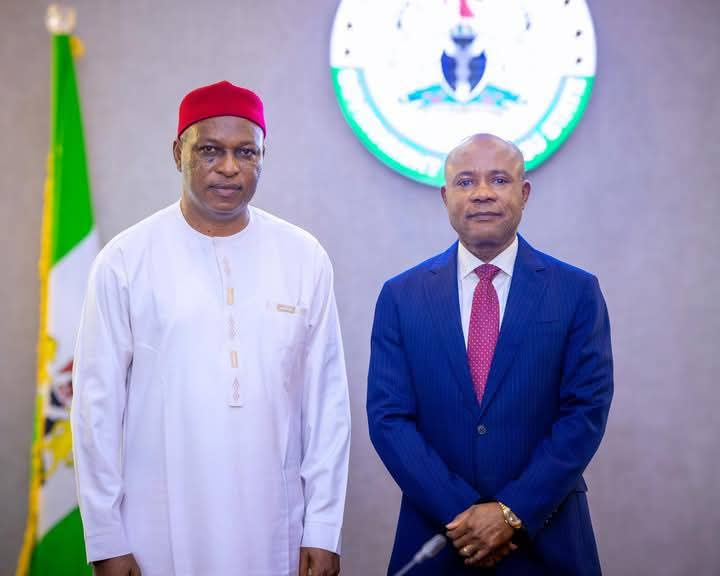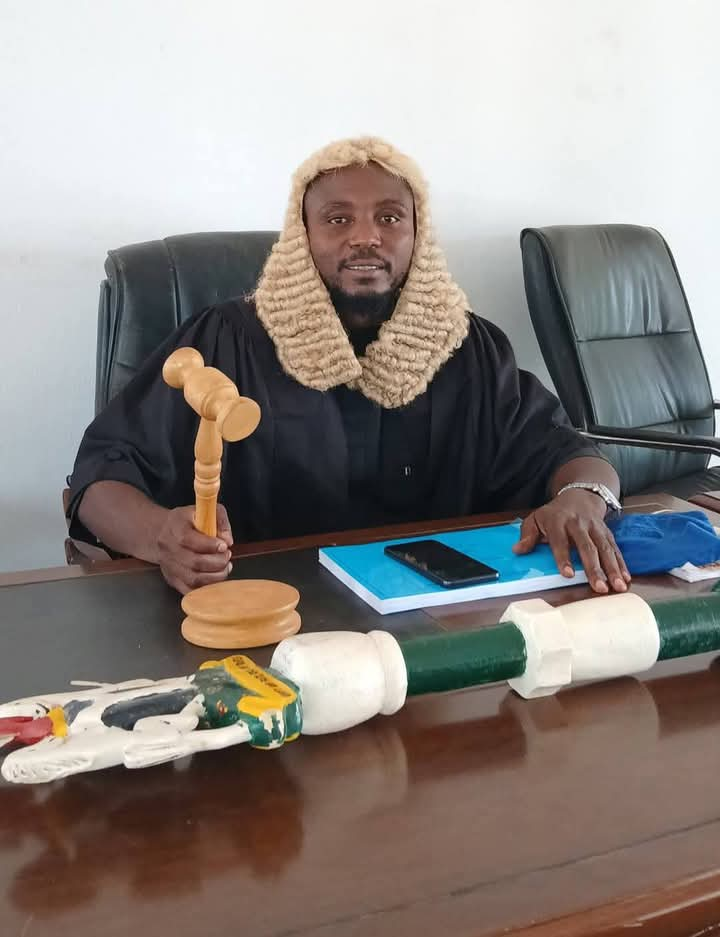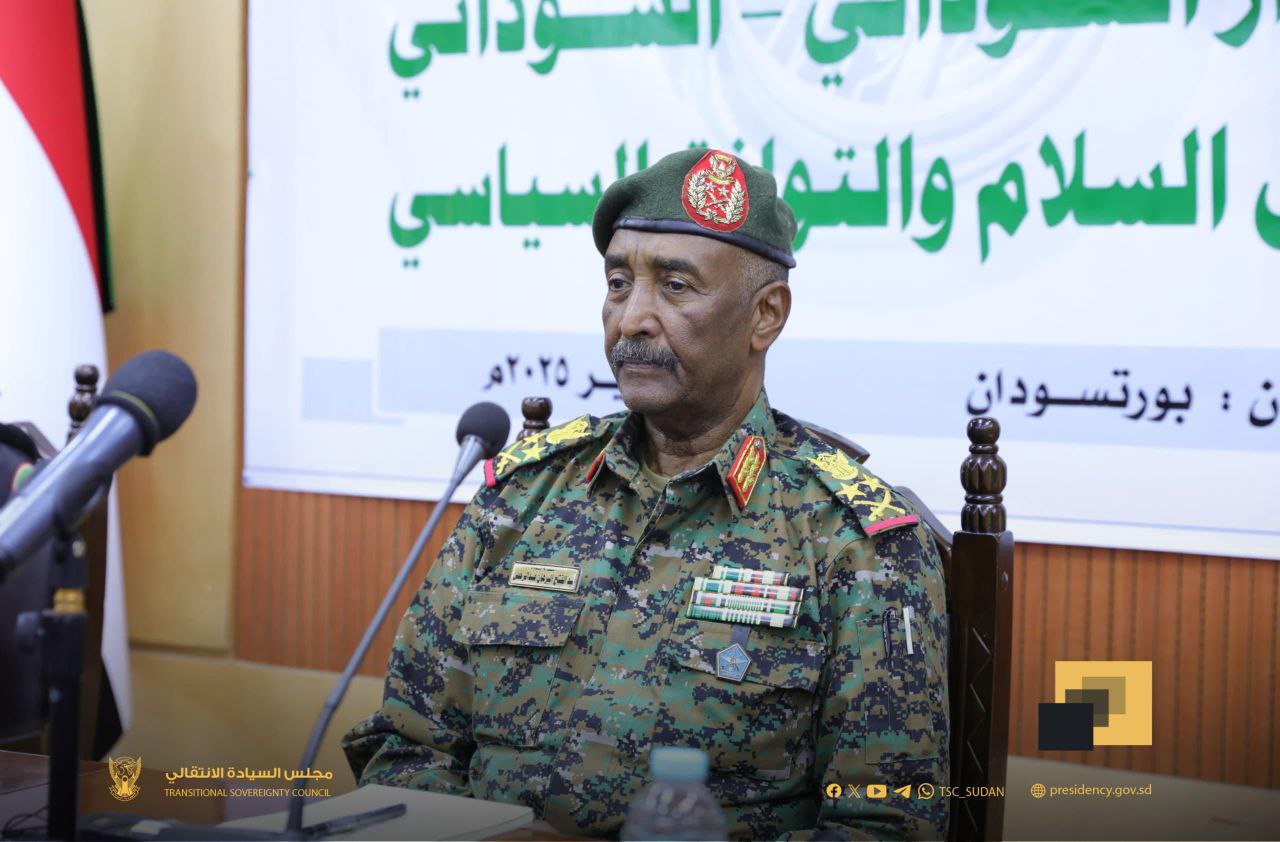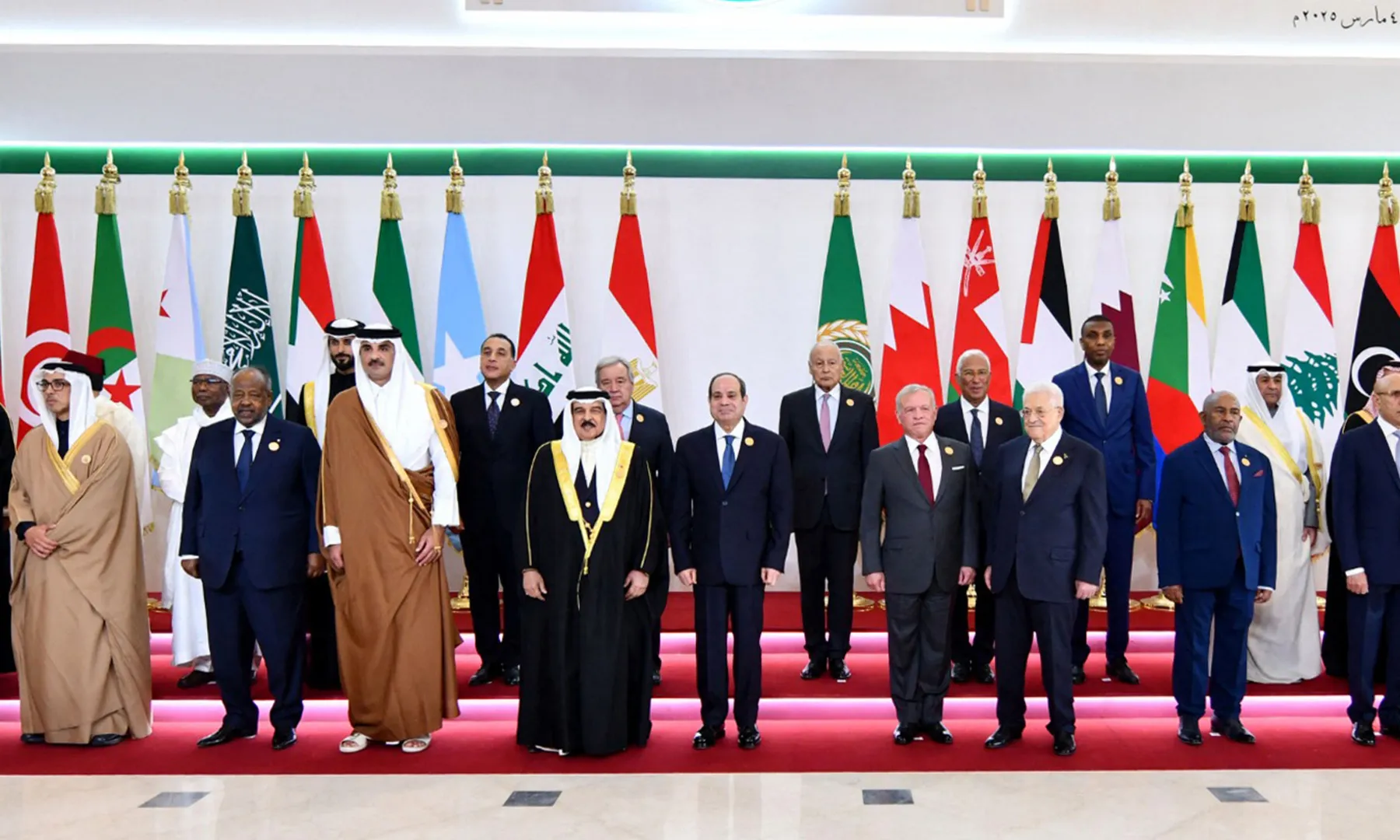Under the direction of the South-West Governors’ Forum, the six governors of the South-West states of Nigeria met in Lagos on Monday, June 10, 2024, to discuss the region’s development.
Governors Babajide Sanwo-Olu of Lagos, Lucky Aiyedatiwa of Ondo, Dapo Abiodun of Ogun, Seyi Makinde of Oyo, Ademola Adeleke of Osun, and Biodun Oyebanji of Ekiti attended the meeting.
A noteworthy result of this gathering was the unanimous decision to designate “Icè wà fún Ìlè wá” as the official Yoruba anthem.
Different stakeholders in the region have responded to the decision in different ways. Kolawole Olaiya, the former chairman of the Trade Union Congress (TUC) in Ekiti State, sees the adoption of the anthem as an unnecessary priority. Olaiya contended that the governors ought to concentrate on resolving more urgent matters, such as citizen security and welfare. “The problem of Nigeria is the welfare and security of the citizens,” he said, emphasizing the need for a new minimum wage and better living conditions. “Nigeria wants security and welfare, not the national or regional anthem.”
On the other hand, the Pan-Yoruba socio-political group Afenifere applauded the anthem’s adoption. Jare Ajayi, the national publicity secretary for Afenifere, commended the governors for their unity and historical awareness. He pointed out that the anthem, originally written by the late Chiefs Obafemi Awolowo and Hubert Ogunde, represents a group’s resolve to advance the area with a common goal. “The uniqueness of the anthem is not only in the exhortative words it contains but also in the fact that it is in the native language of the people, Yoruba,” explained Ajayi.
- Nigerian House of Reps Orders Arrest Following Alleged Helicopter Sale Irregularities
- ASUU Demands Removal from IPPIS and Fulfillment of Government Agreements
- Italy shatter Croatia Euro qualification with last minute equalizer
- Vinicius announces Real Madrid departure
- Lawmakers Urge President Tinubu to Release Nnamdi Kanu to Foster Peace
- Keyamo Vows to Tackle Extortion, Begging at Nigerian Airports
Afenifere chieftain Kole Omololu echoed these views, characterizing the adoption as a patriotic action that highlights the Yoruba identity and unity. He emphasized the historical significance of the anthem as well as its contribution to Yoruba pride and unification. “This anthem depicts us as a nation within Nigeria, which we were before we were clubbed together in 1914 by the colonial powers,” stated Omololu.
The governors’ endorsement of an anthem that has long been a part of Yoruba heritage was applauded by Convener Otunba Tayo Onayemi of the Yoruba Commitment Forum (YCF), who also supported the decision. Onayemi praised the governors for endorsing an anthem that has been a part of Yoruba heritage for almost 60 years. According to Onayemi, the anthem is a call to patriotism, unity, and hard work that reflects the progressive ethos of the Yoruba race.
Not every response was favorable, though. The sociocultural group Dee Osun Monitors found a flaw in the anthem’s lyrics. The group’s coordinator, Prince Jide Akinyooye, proposed replacing the term “Omo Oodua” with “Omo Yoruba” to properly represent all Yoruba people, not just those descended from Oduduwa. “We commend the initiative but urge the correction of this part to be inclusive of all Yoruba lineages,” said Akinyooye.
Although many have hailed the South-West governors’ adoption of the Yoruba anthem as a unifying and culturally significant decision, others view it as a distraction from more pressing problems the region is currently facing. The discussion sheds light on the South-West’s larger goals and challenges as it attempts to strike a balance between socioeconomic development and cultural pride.



